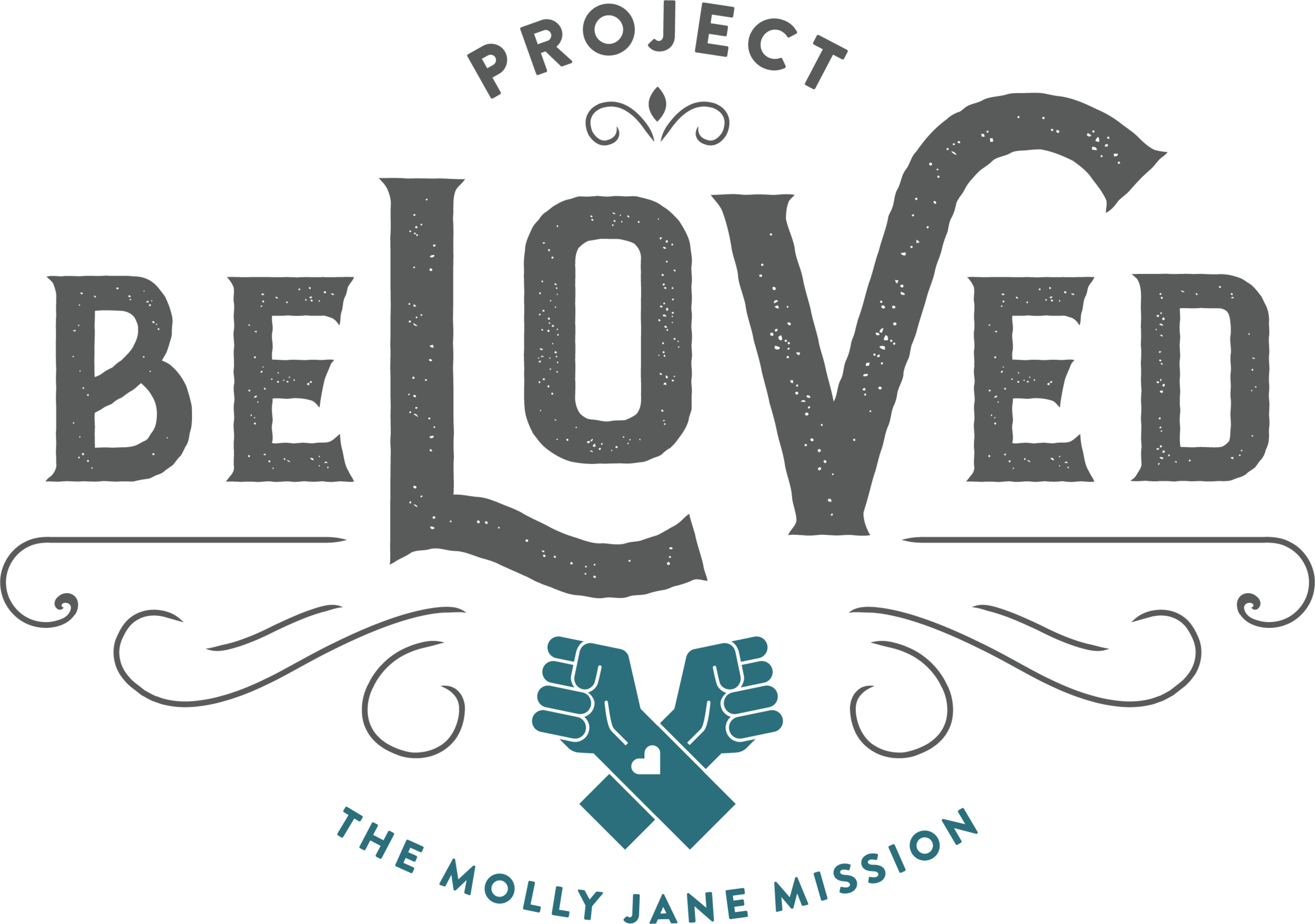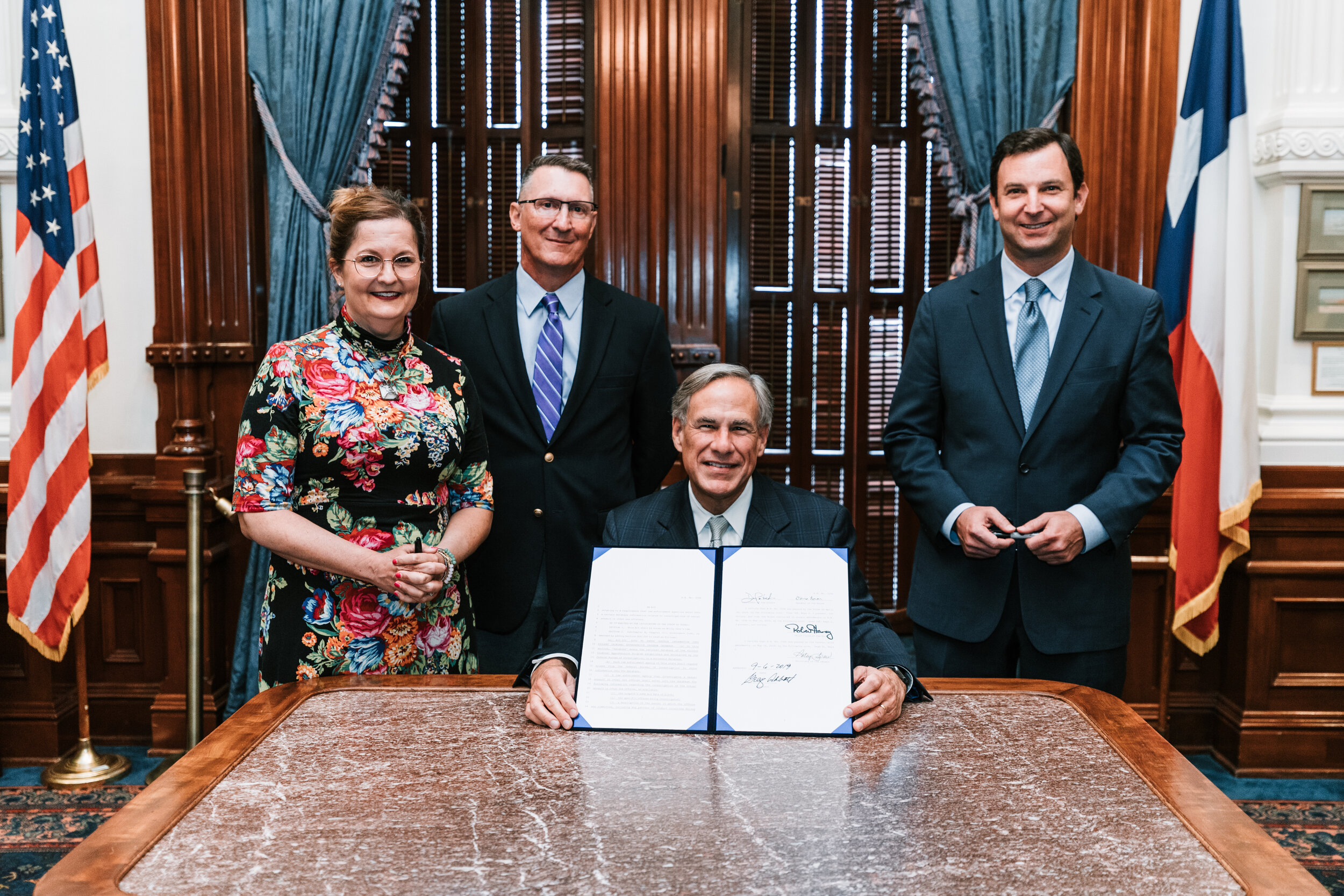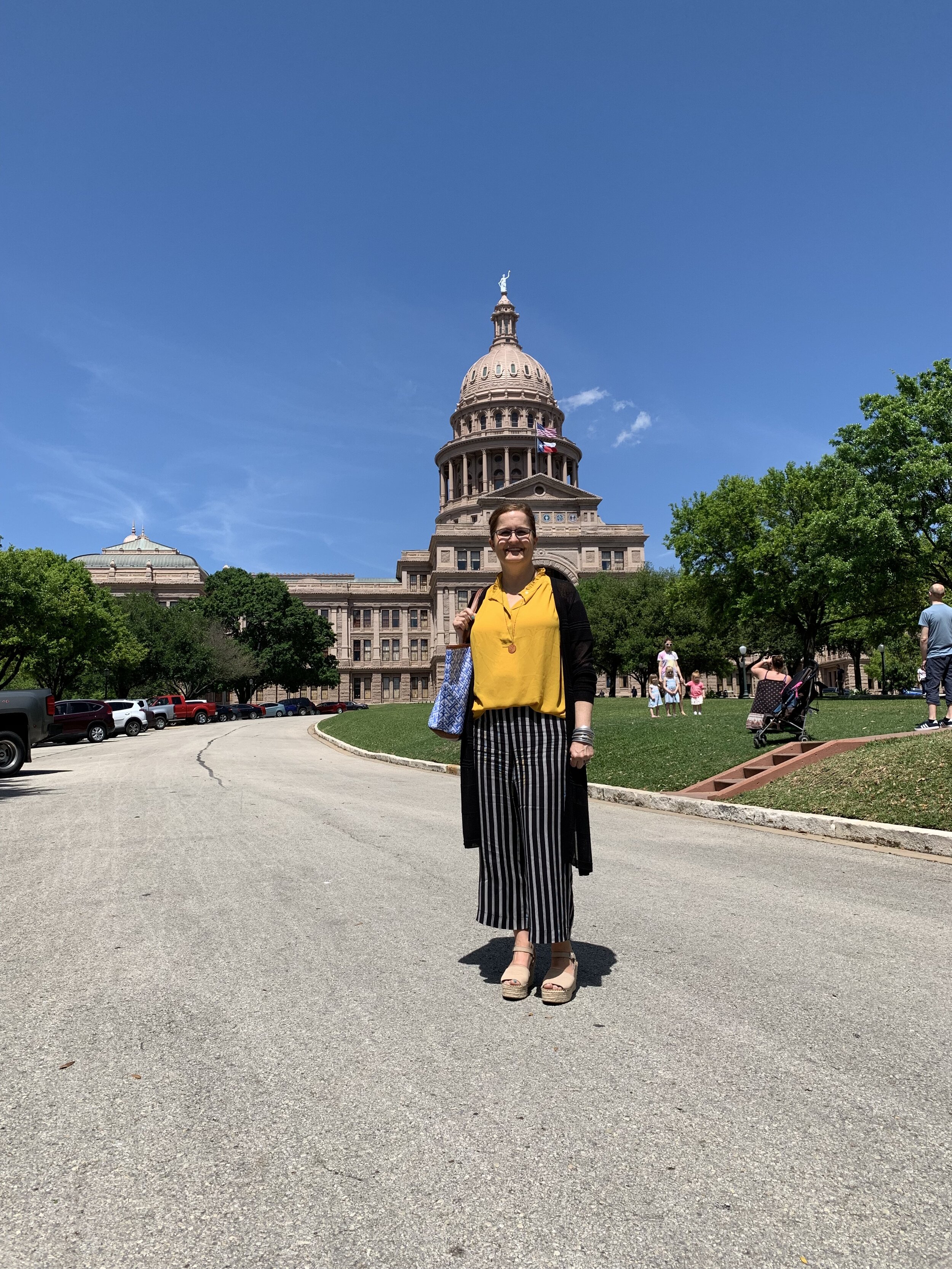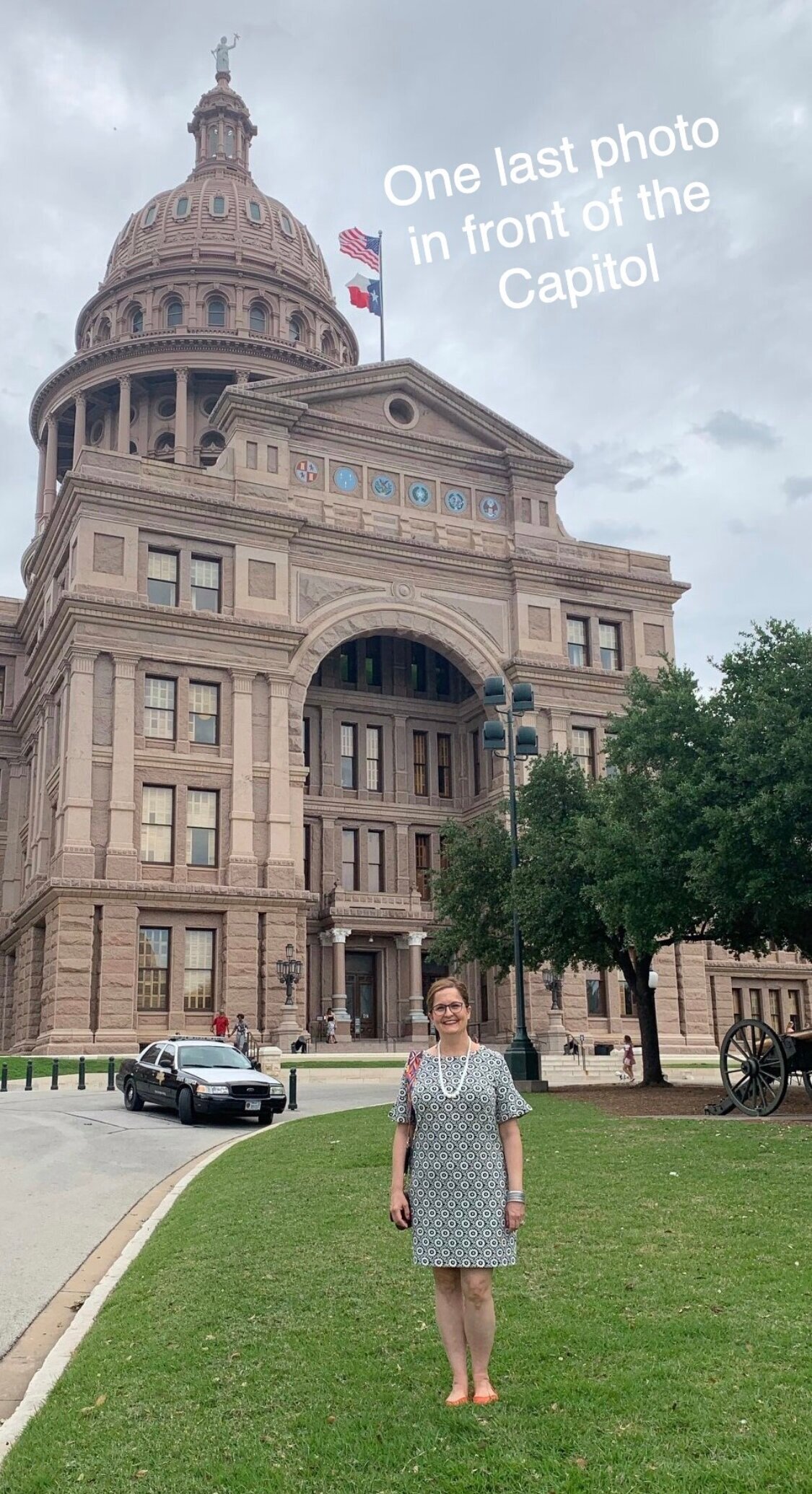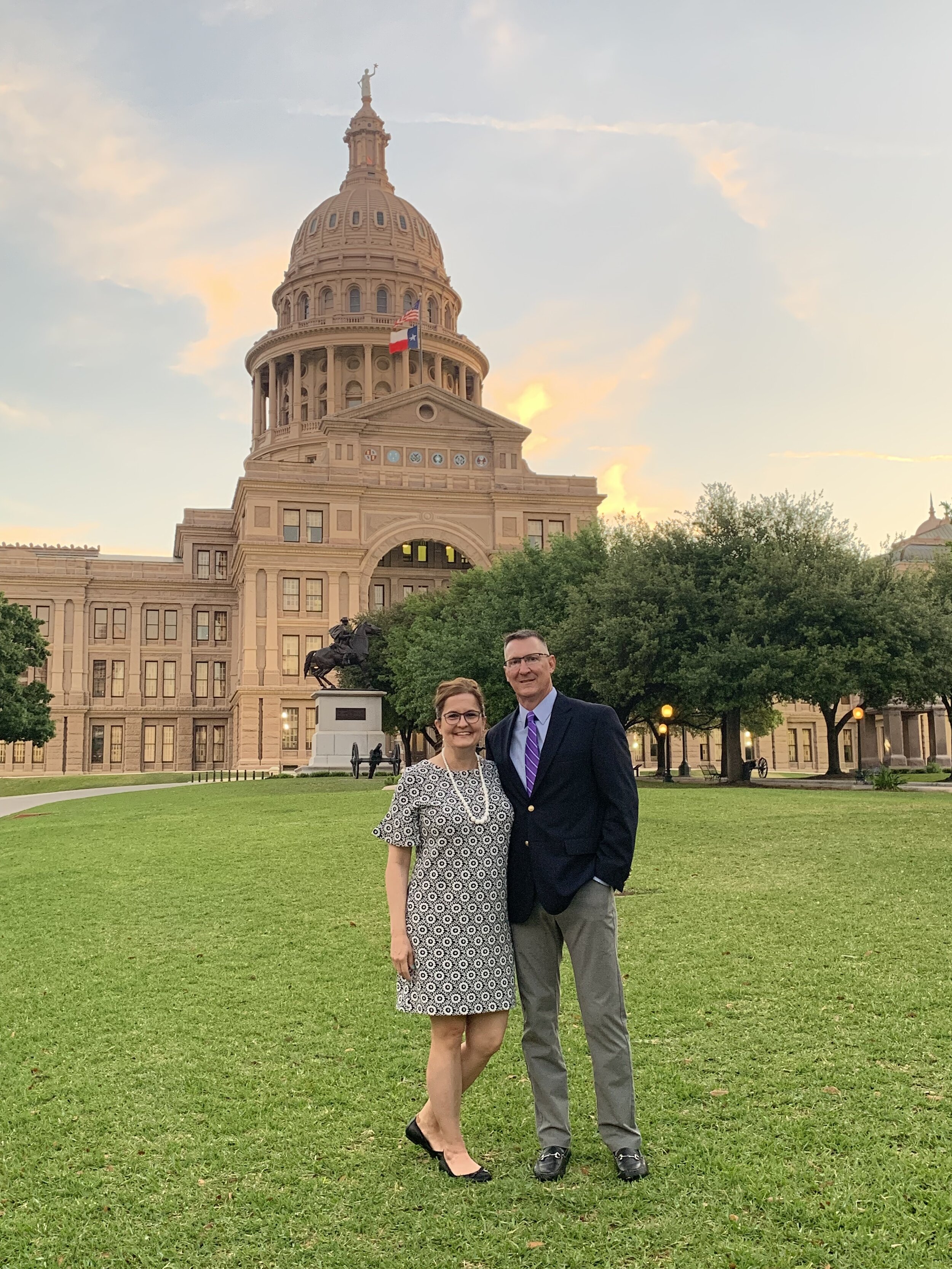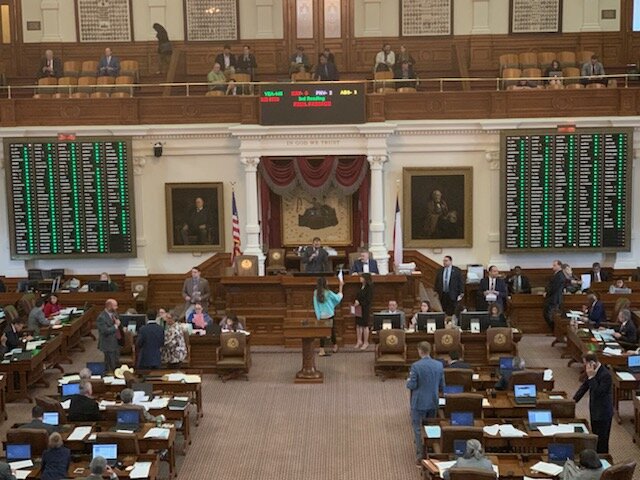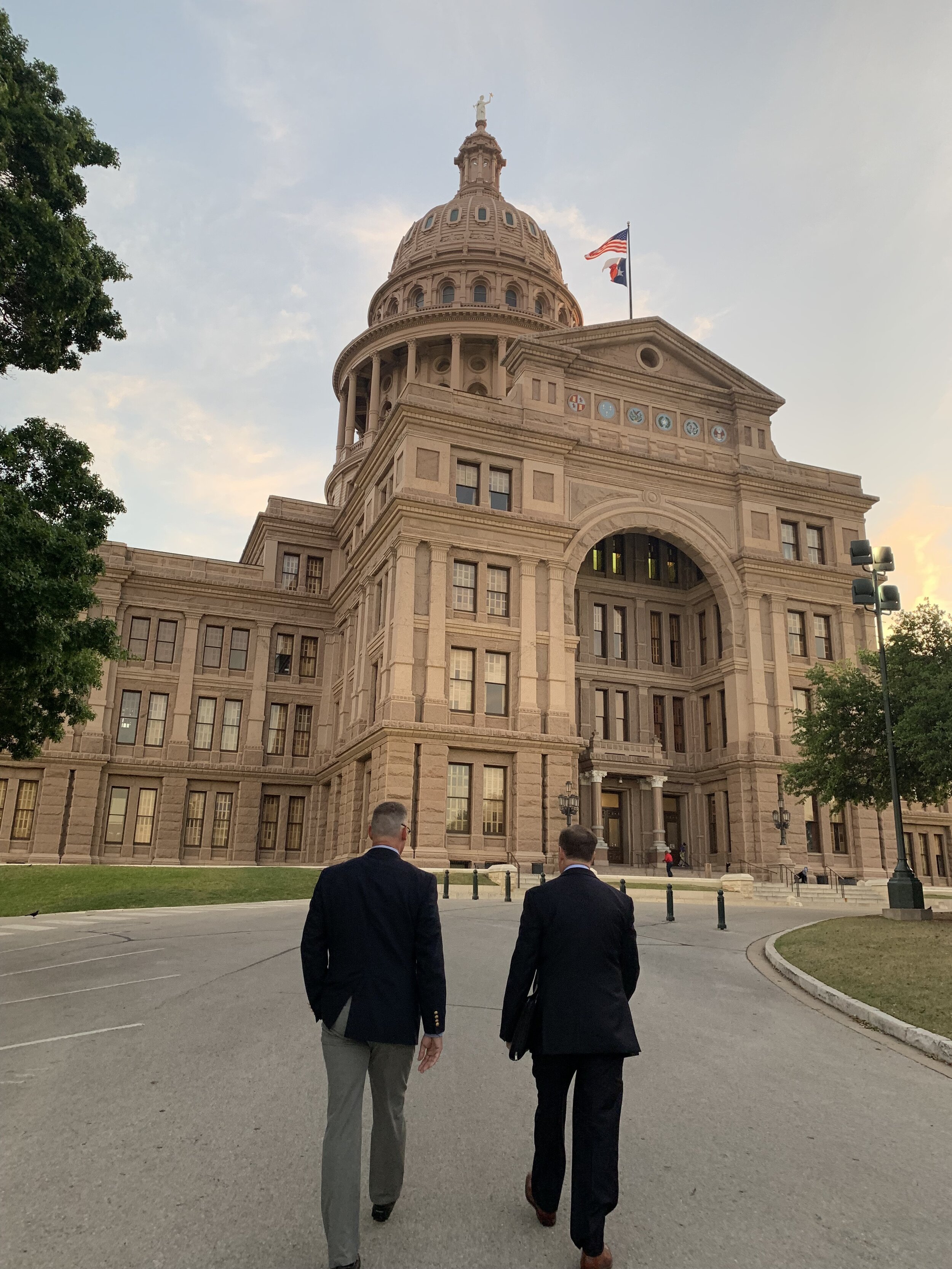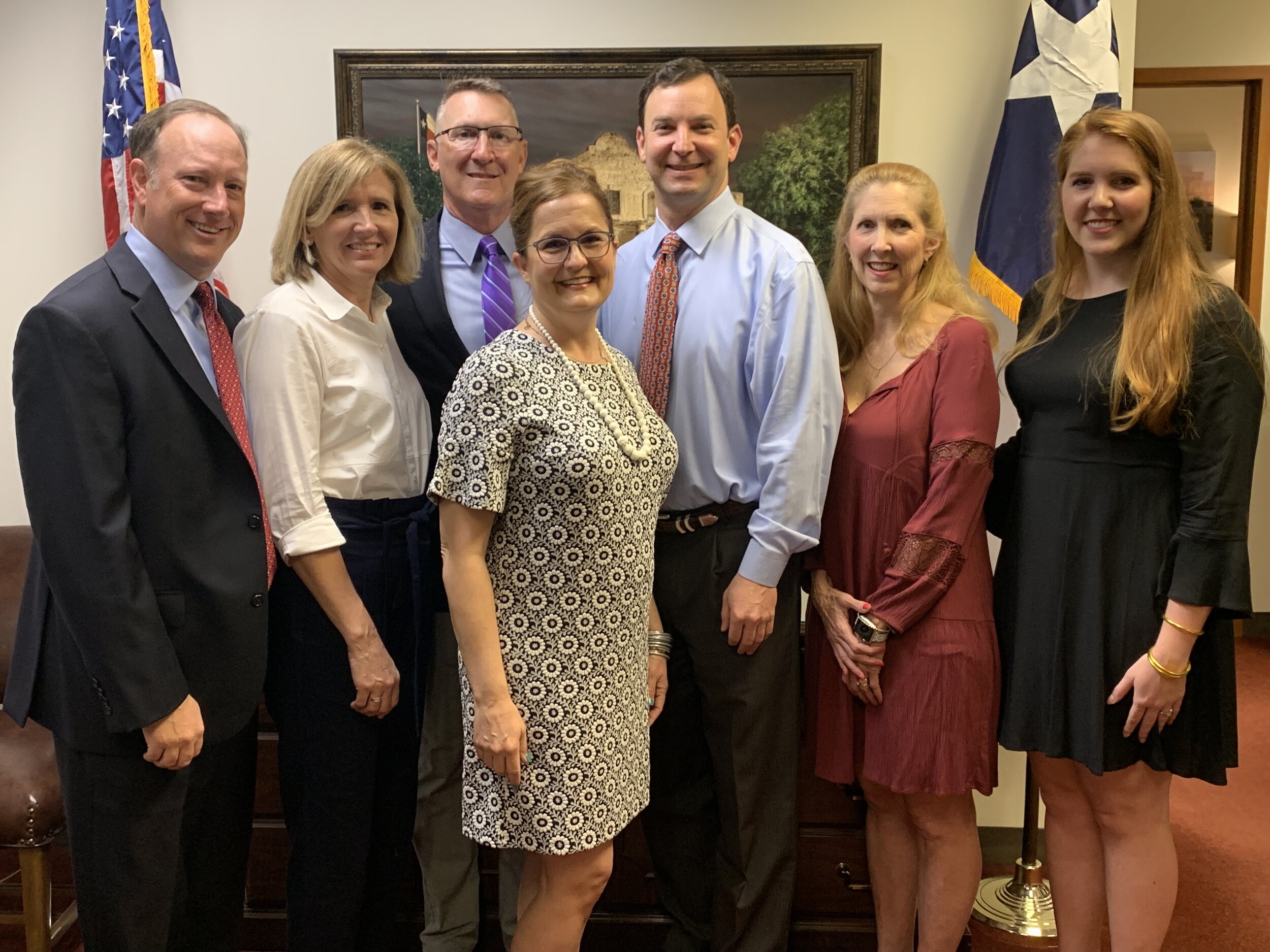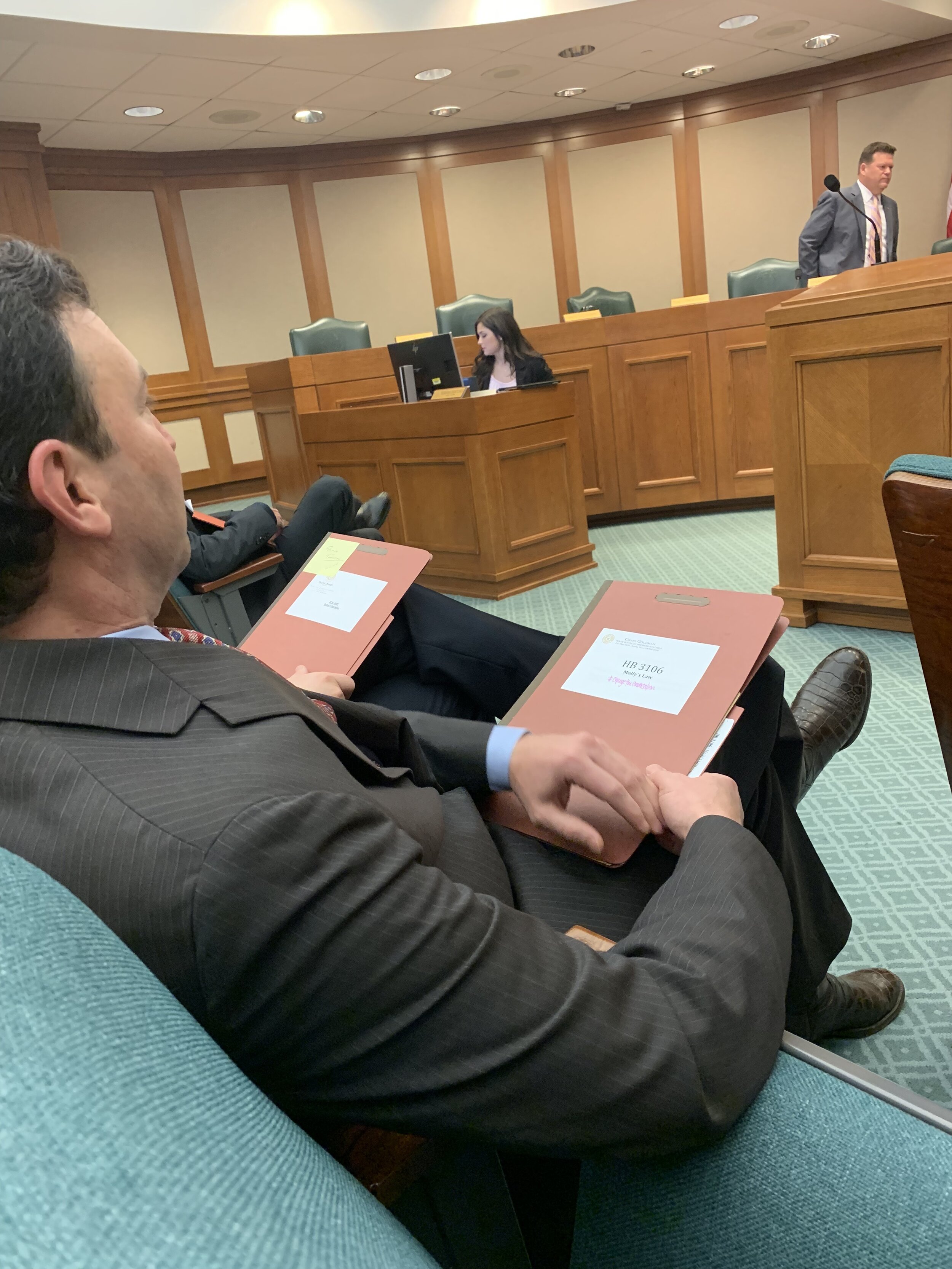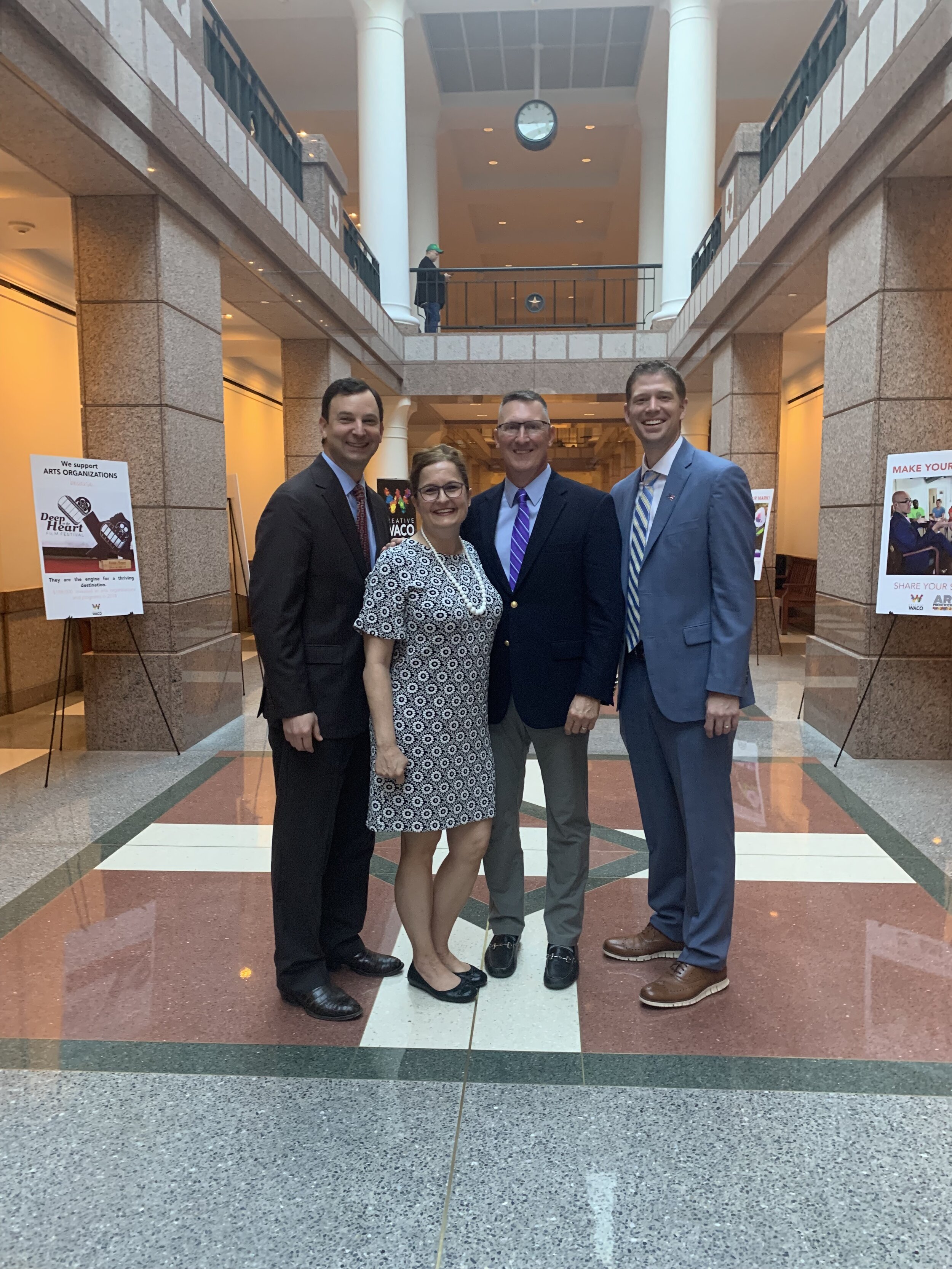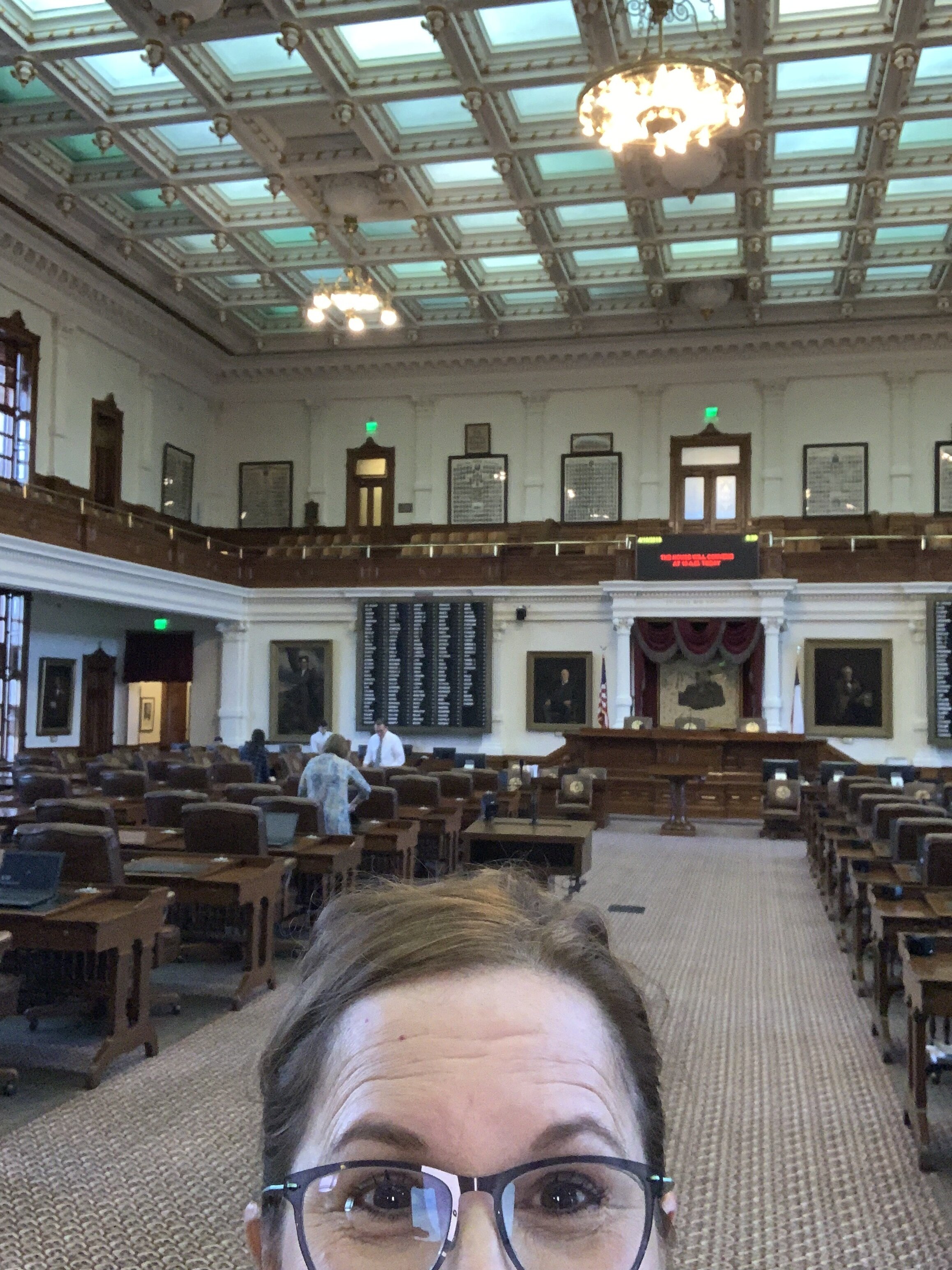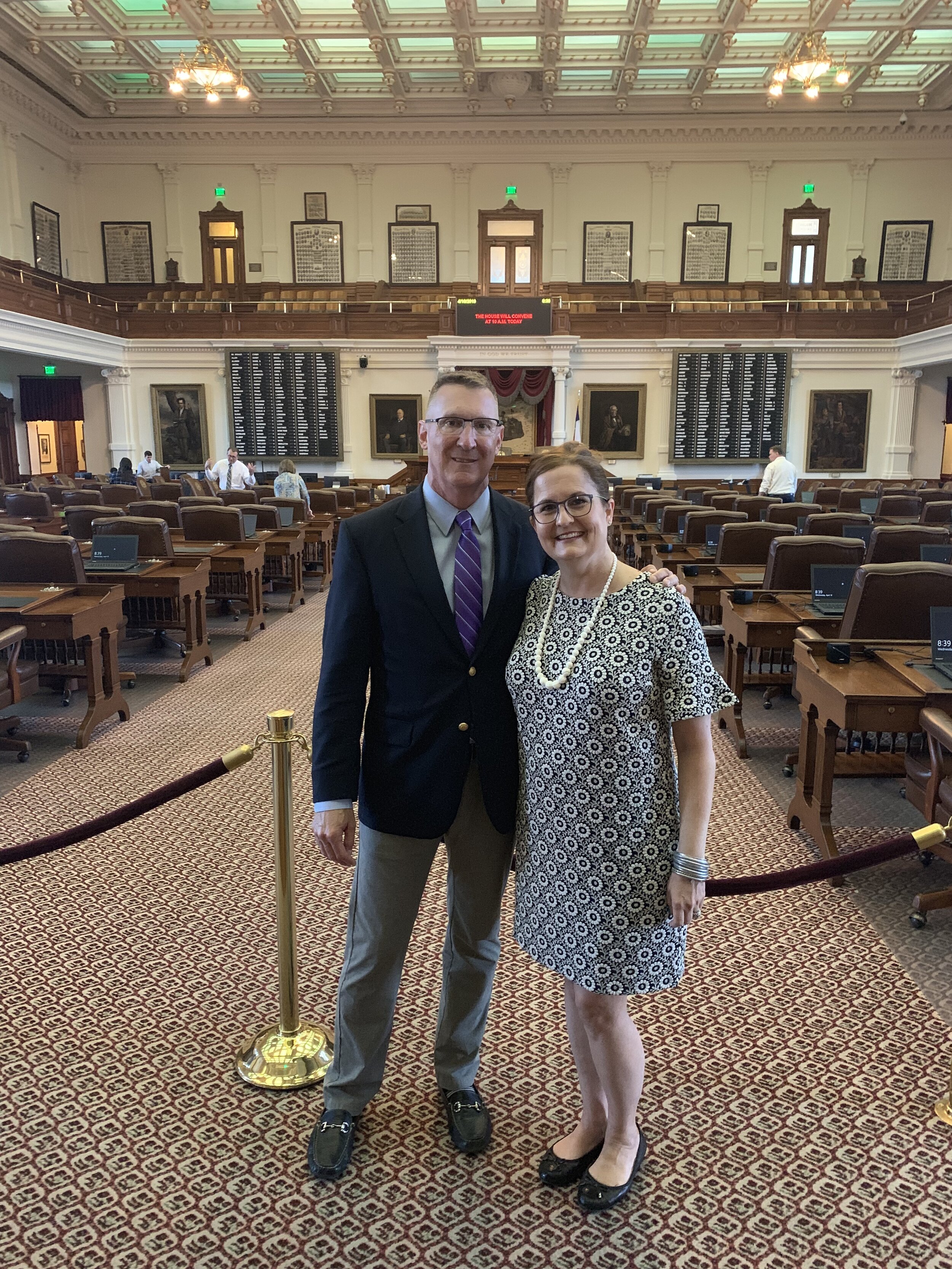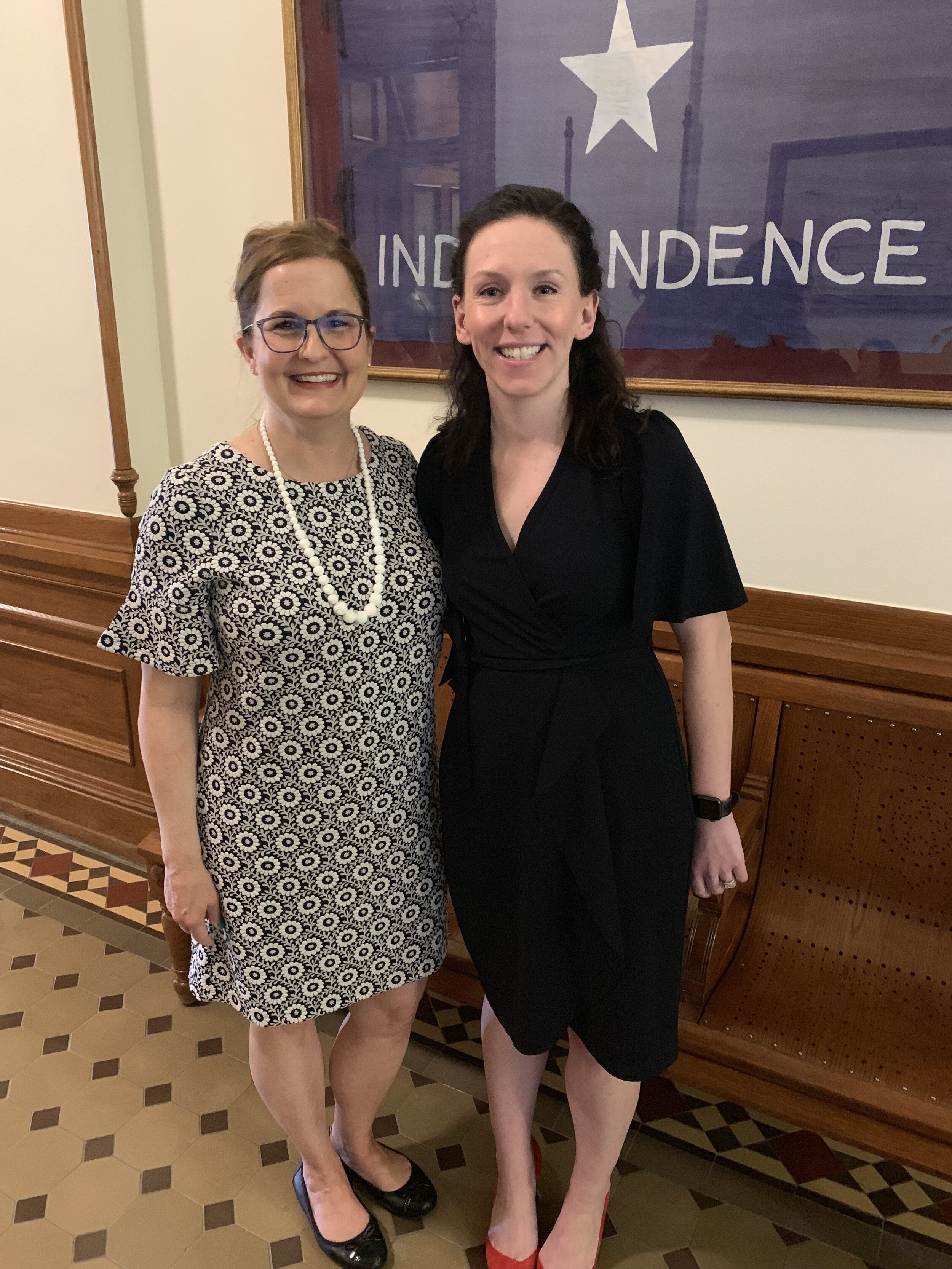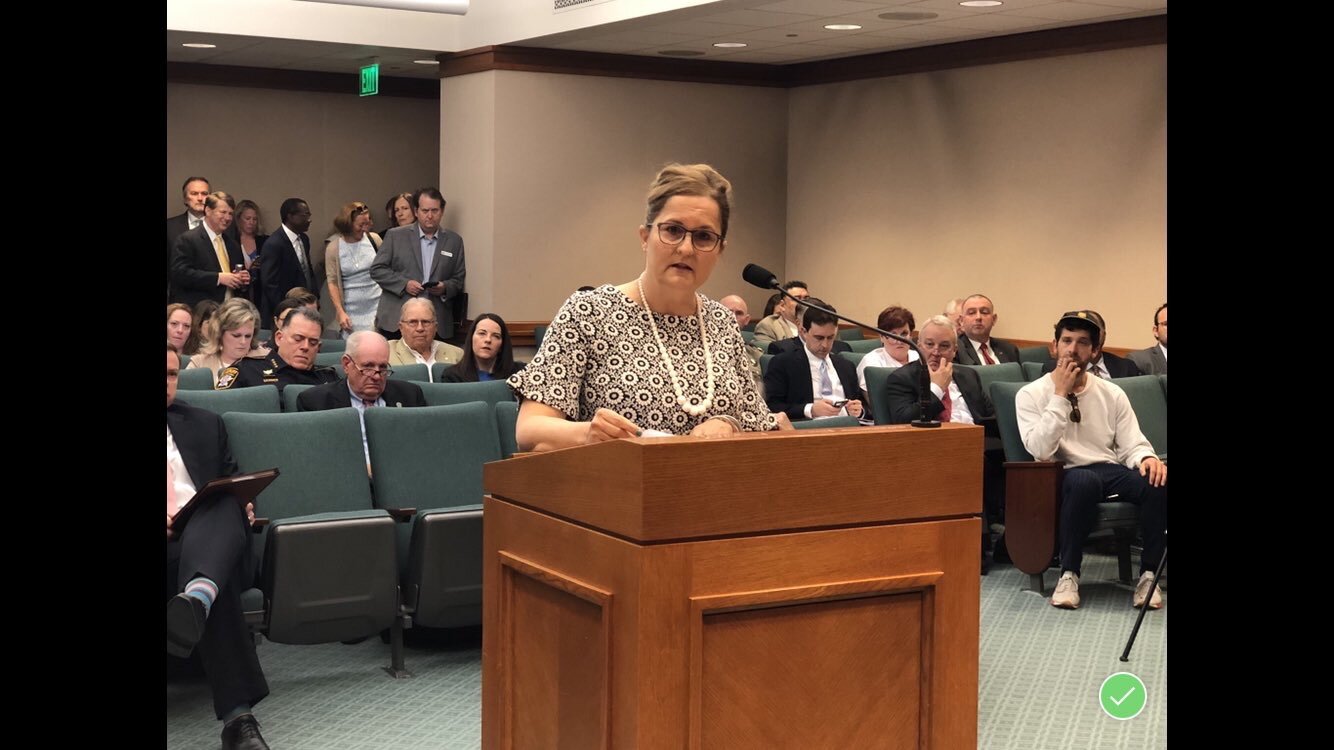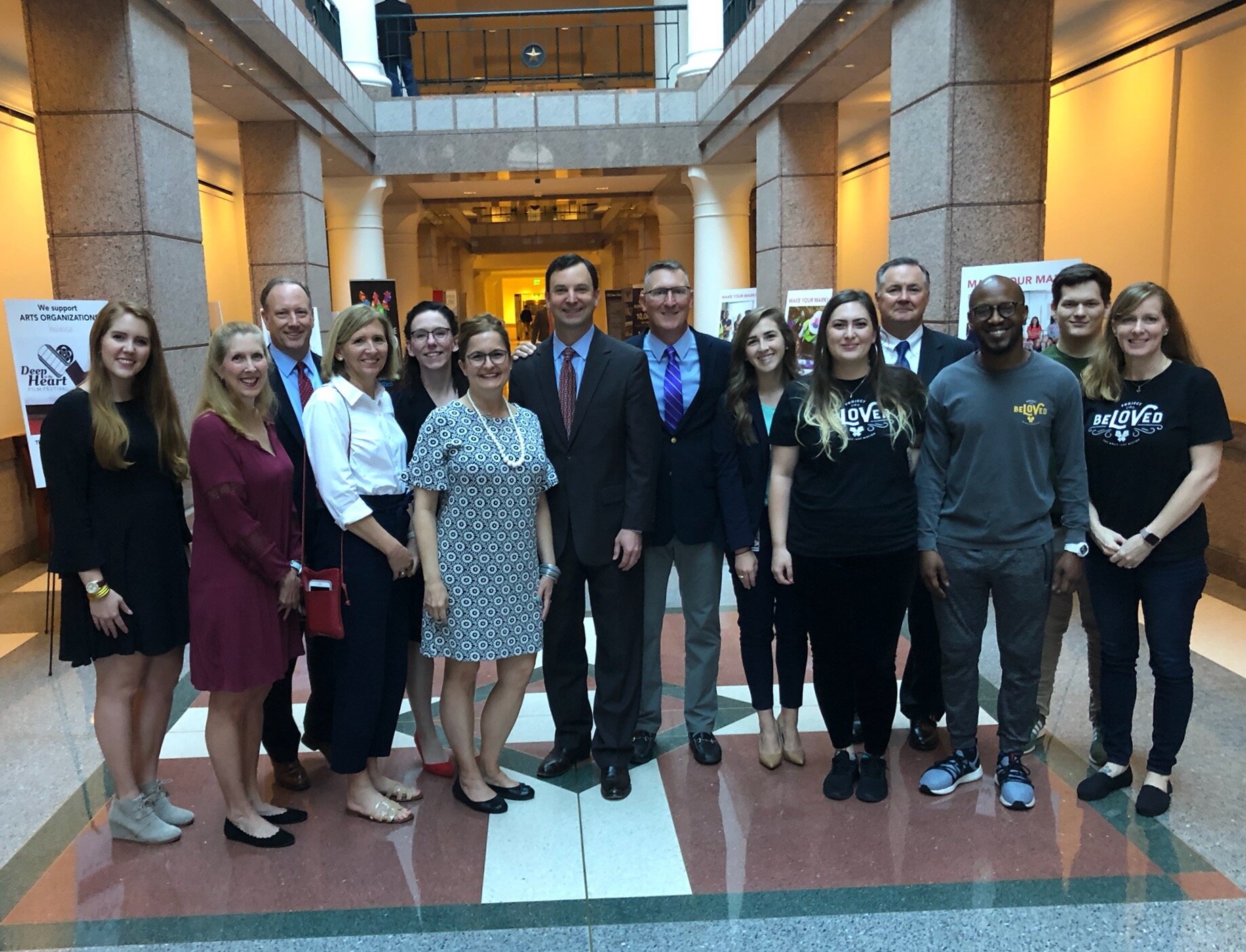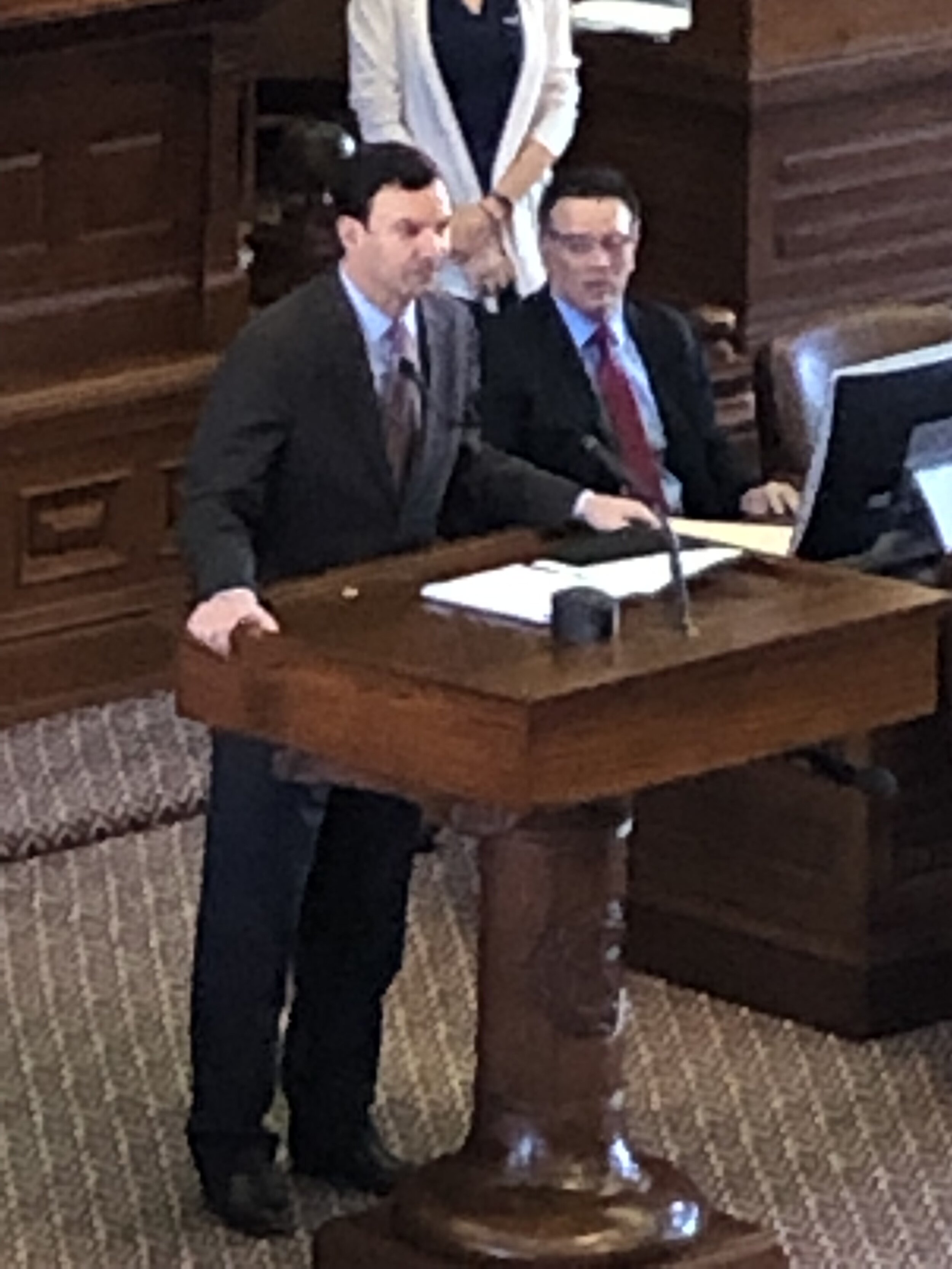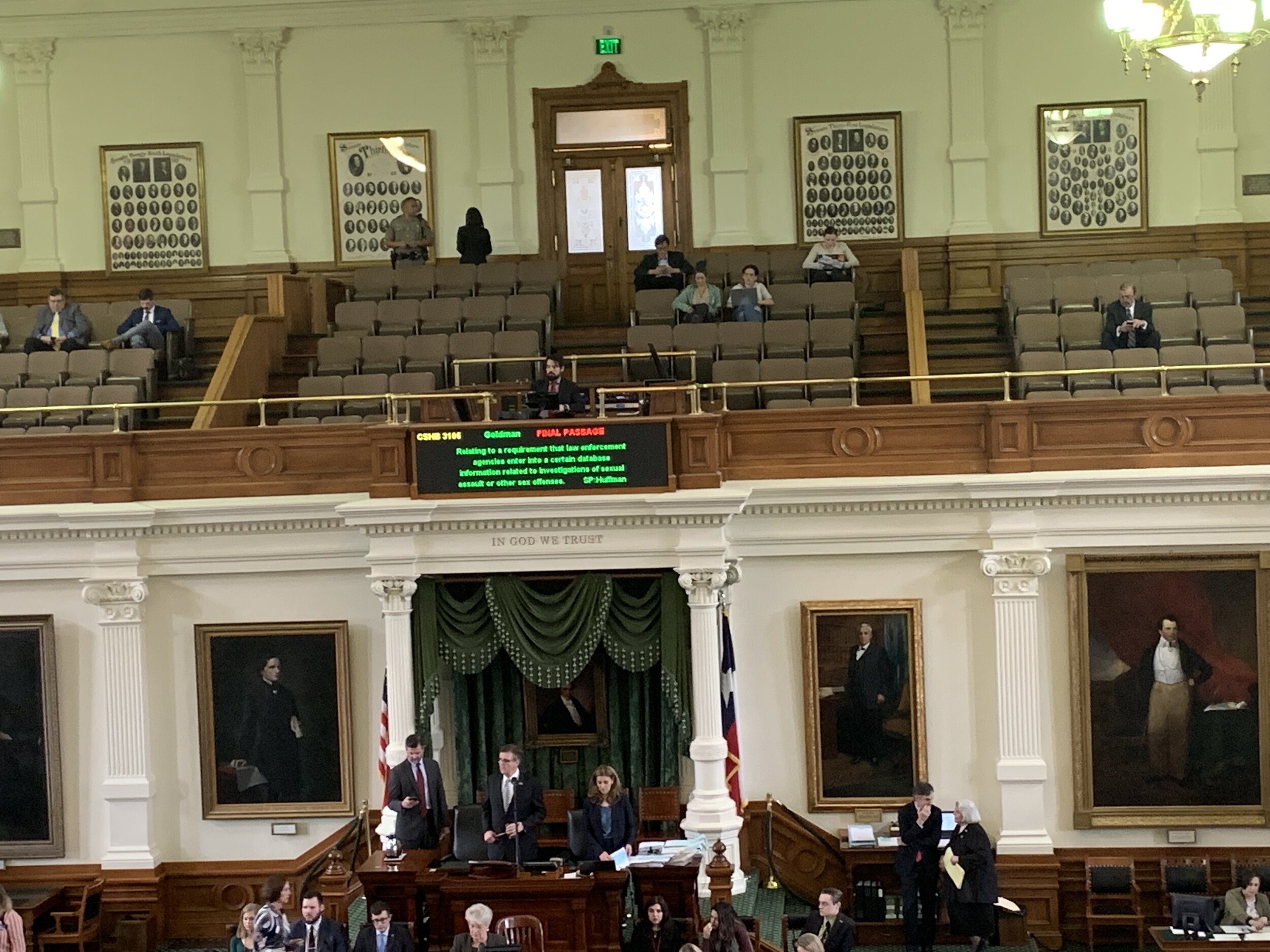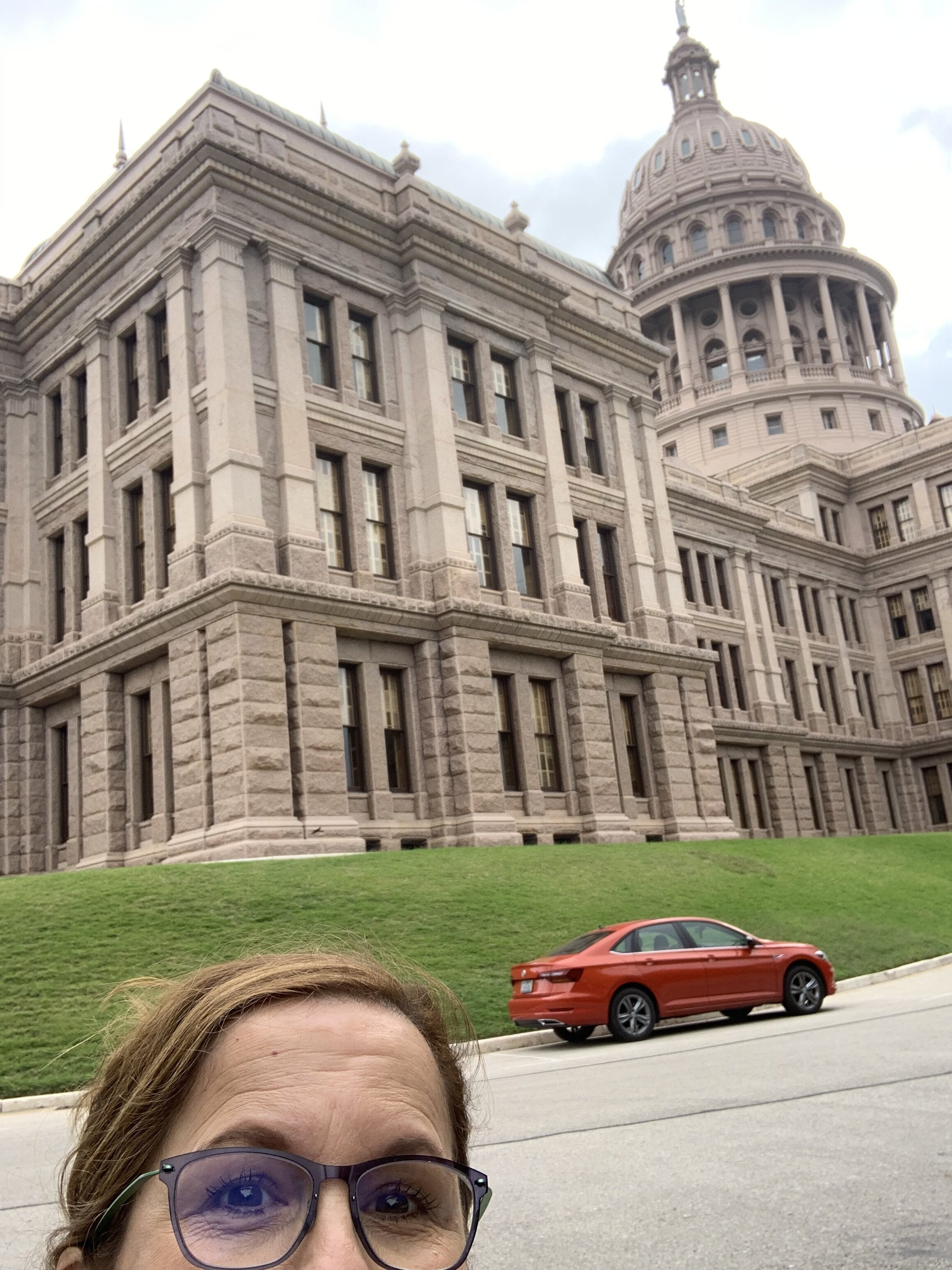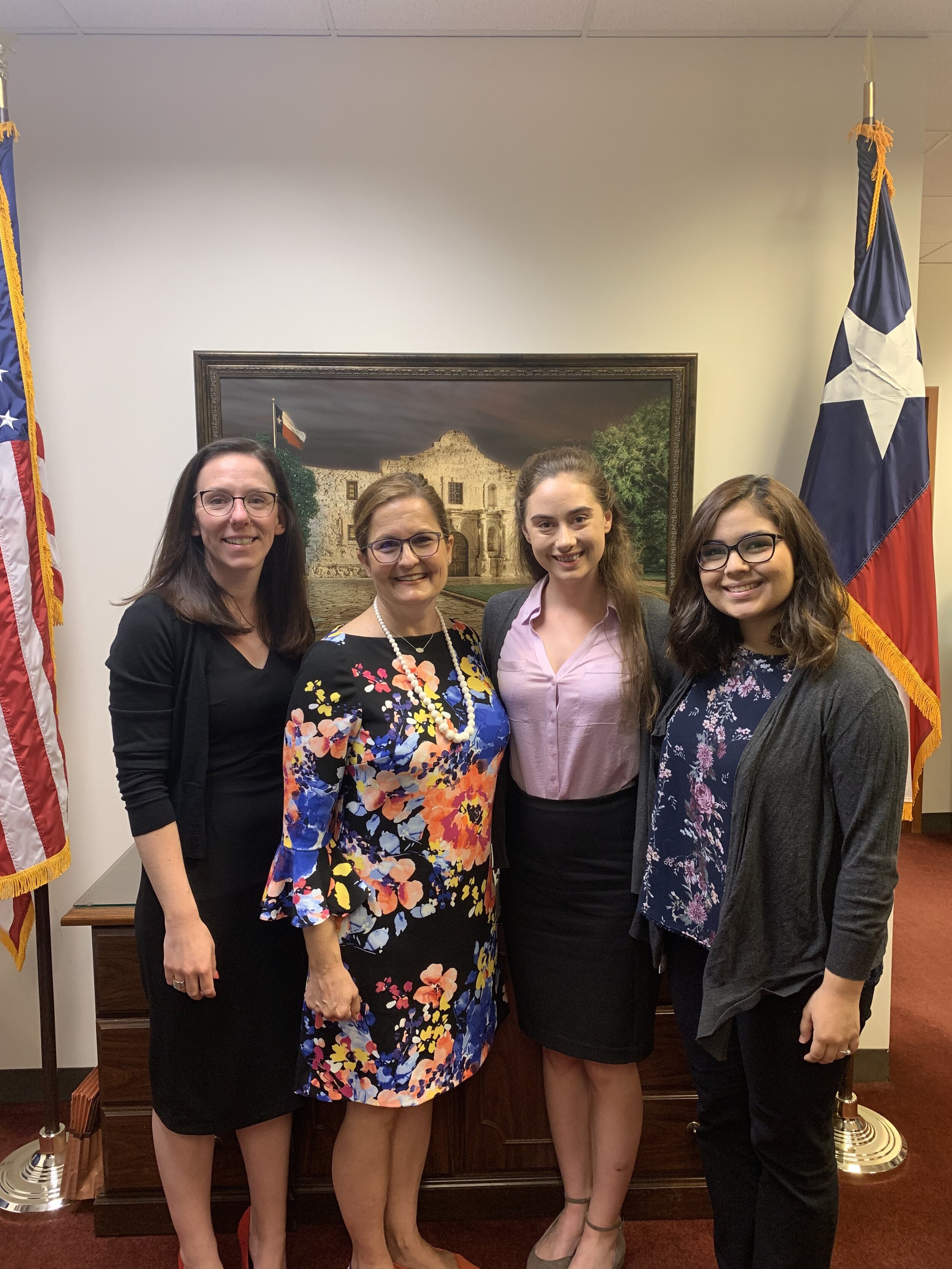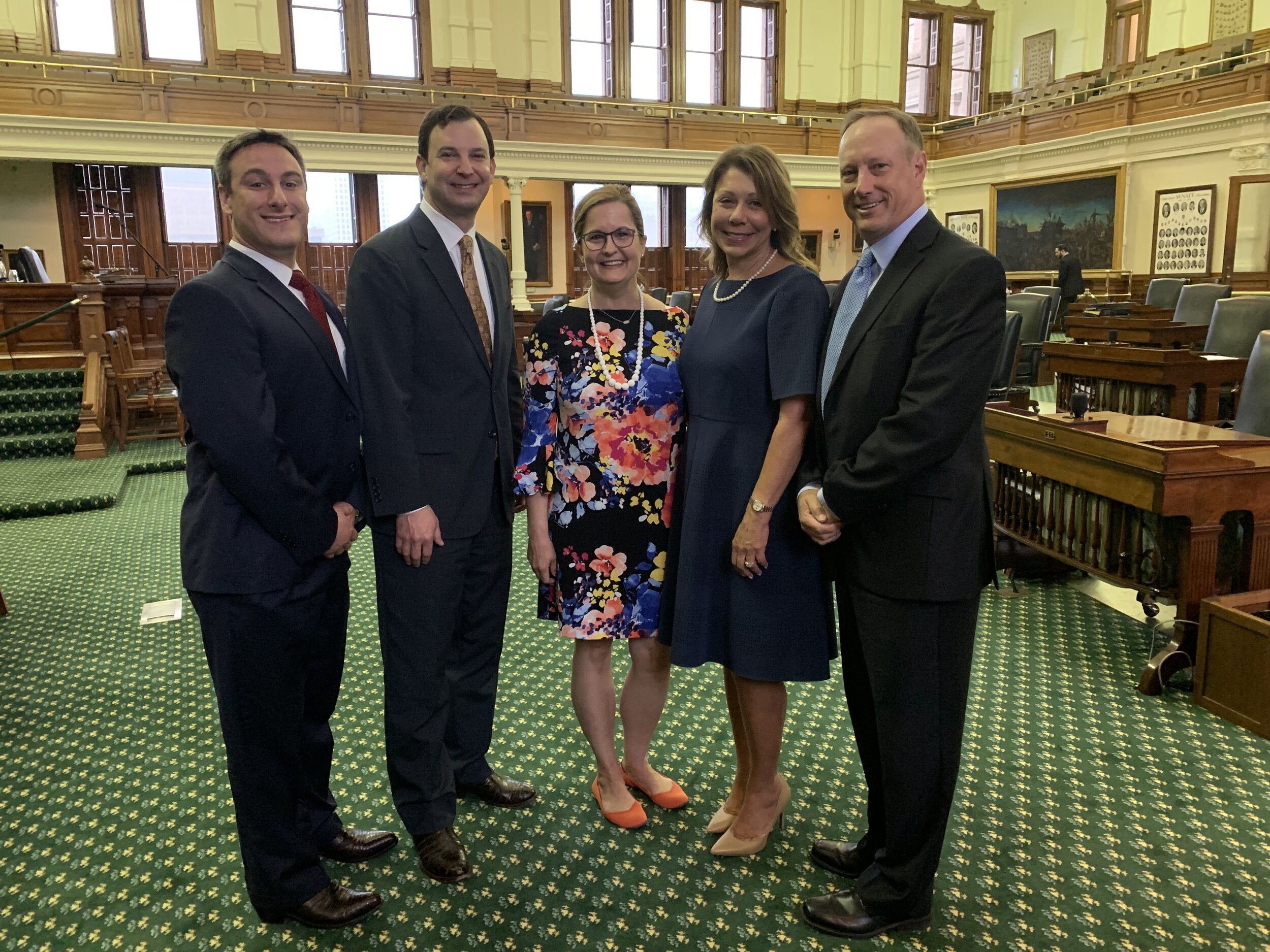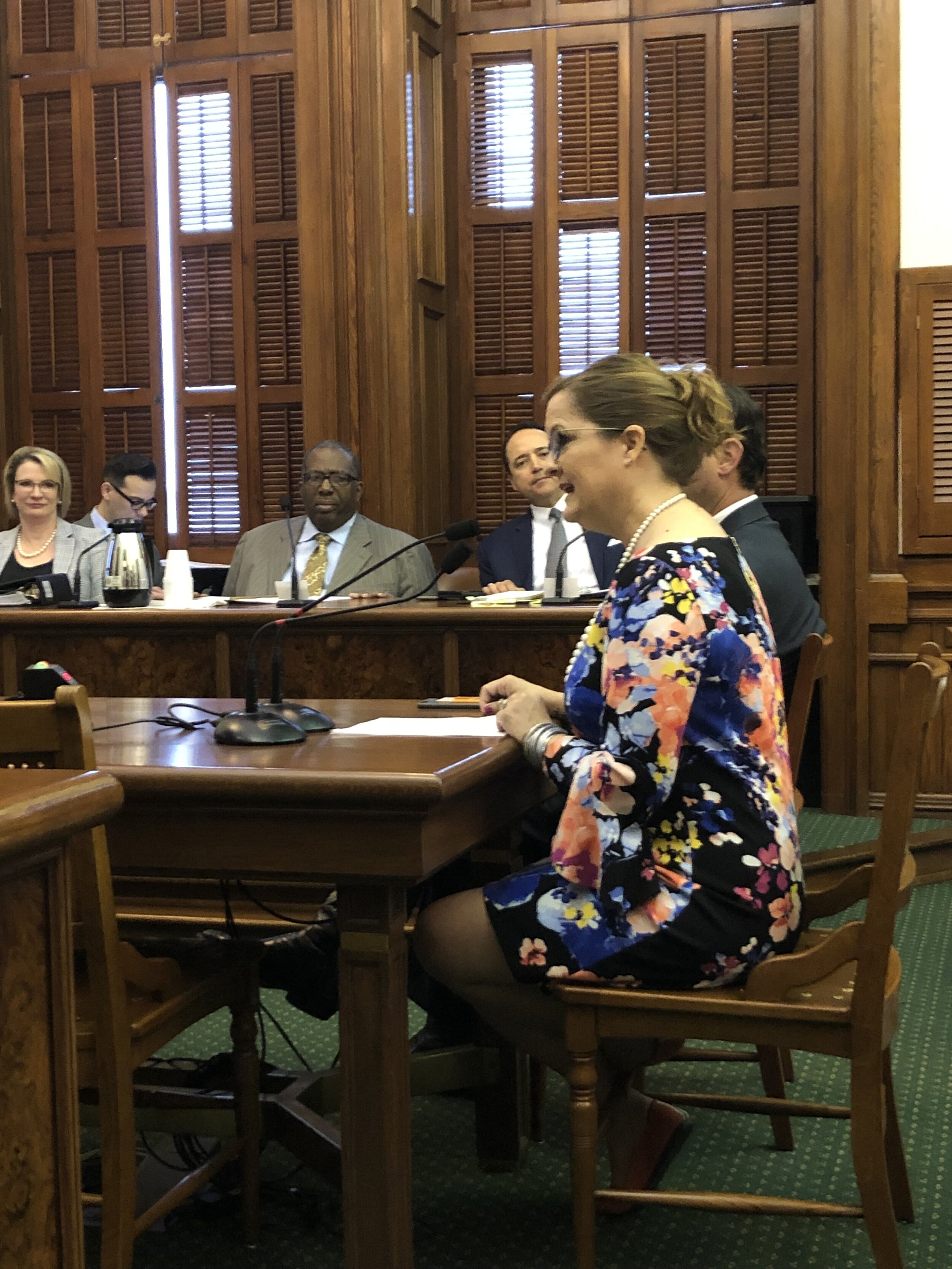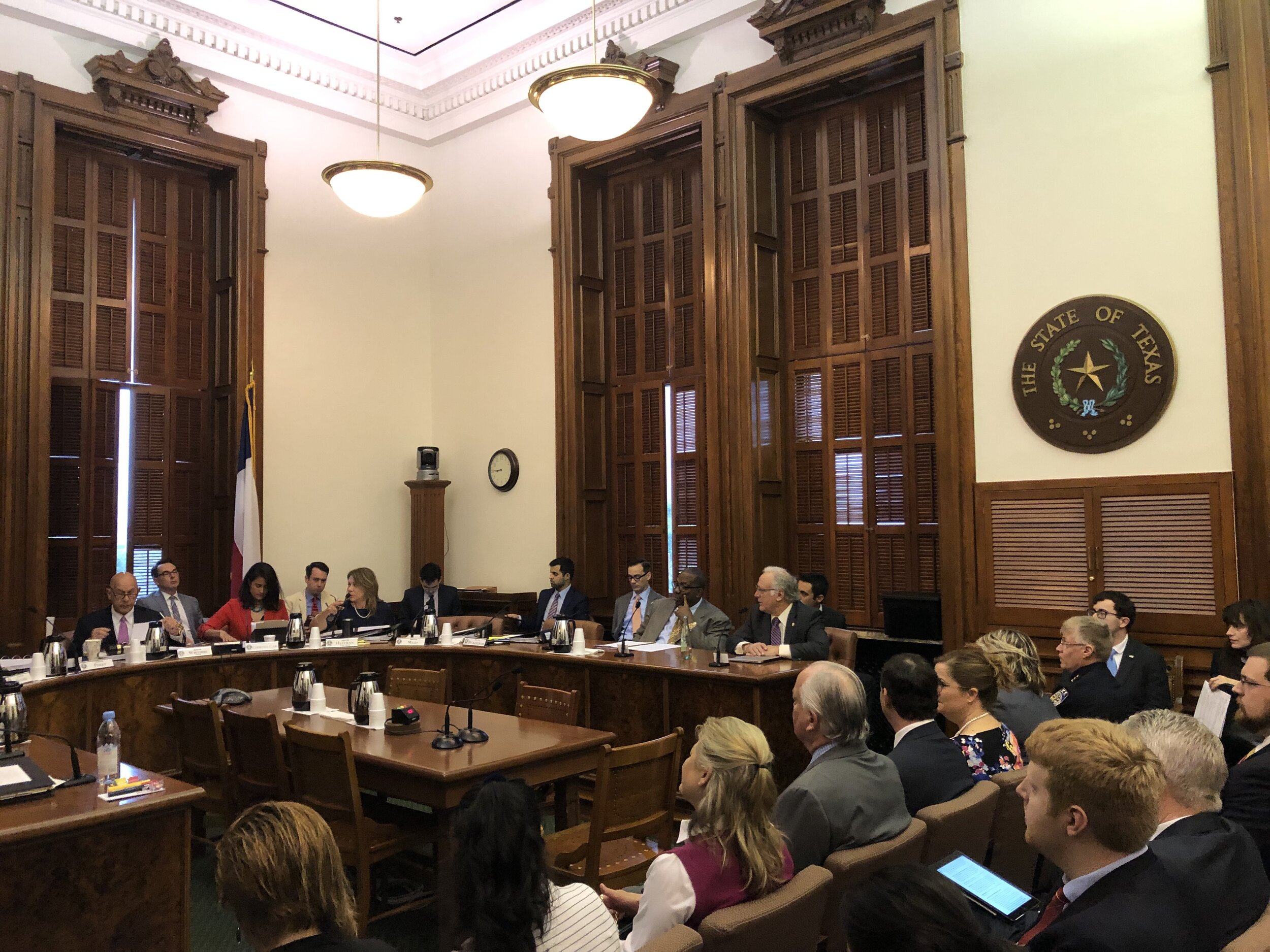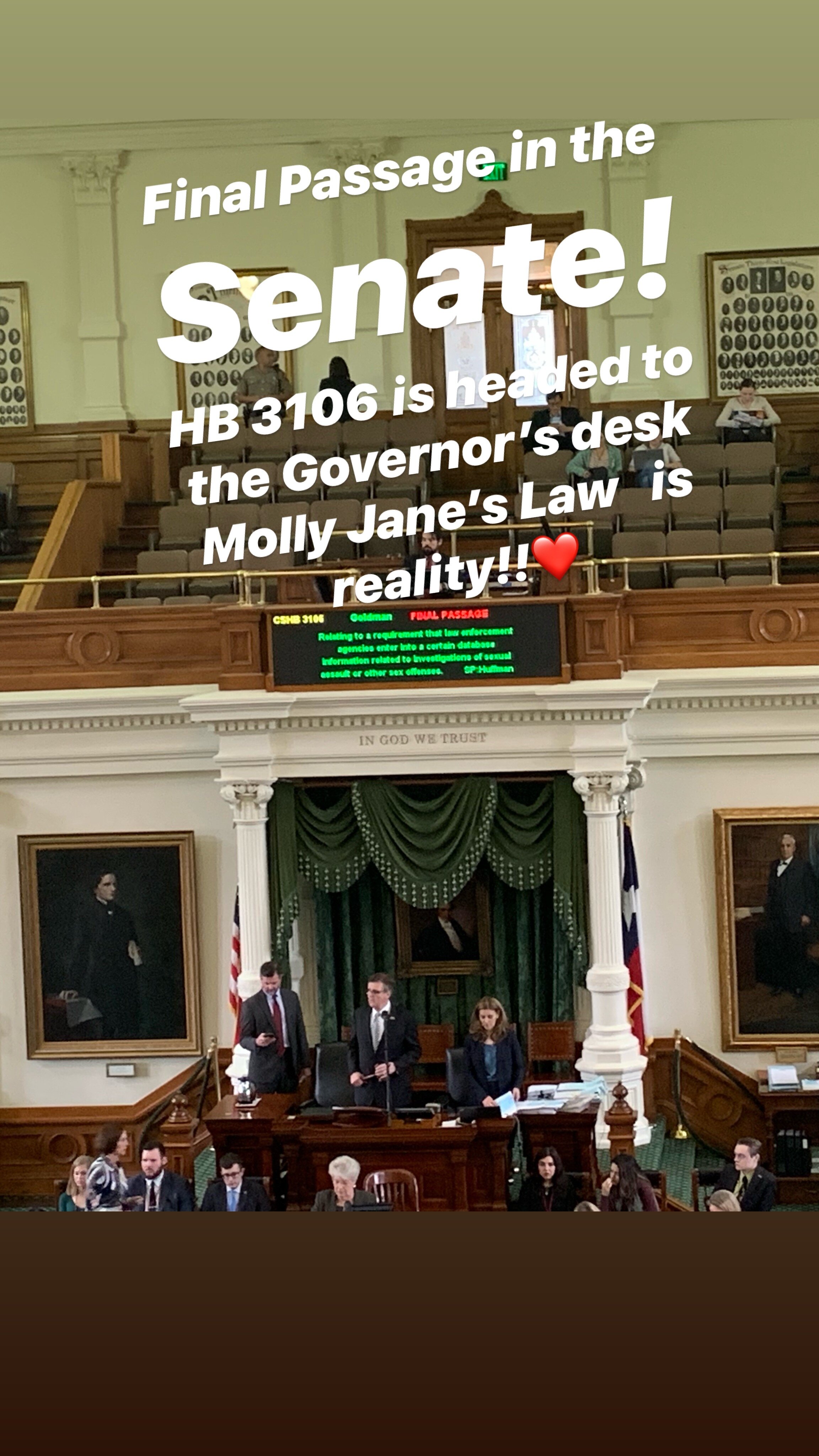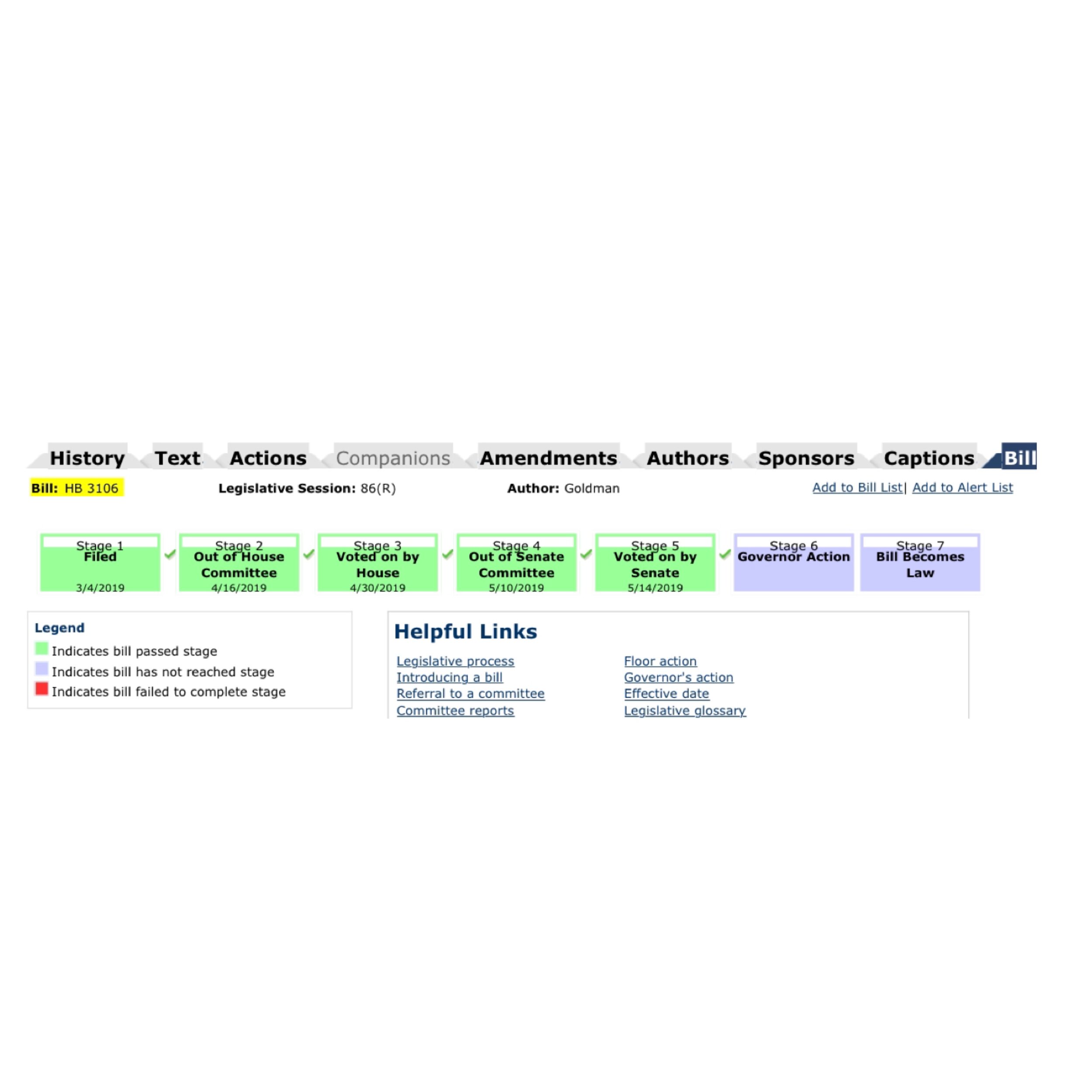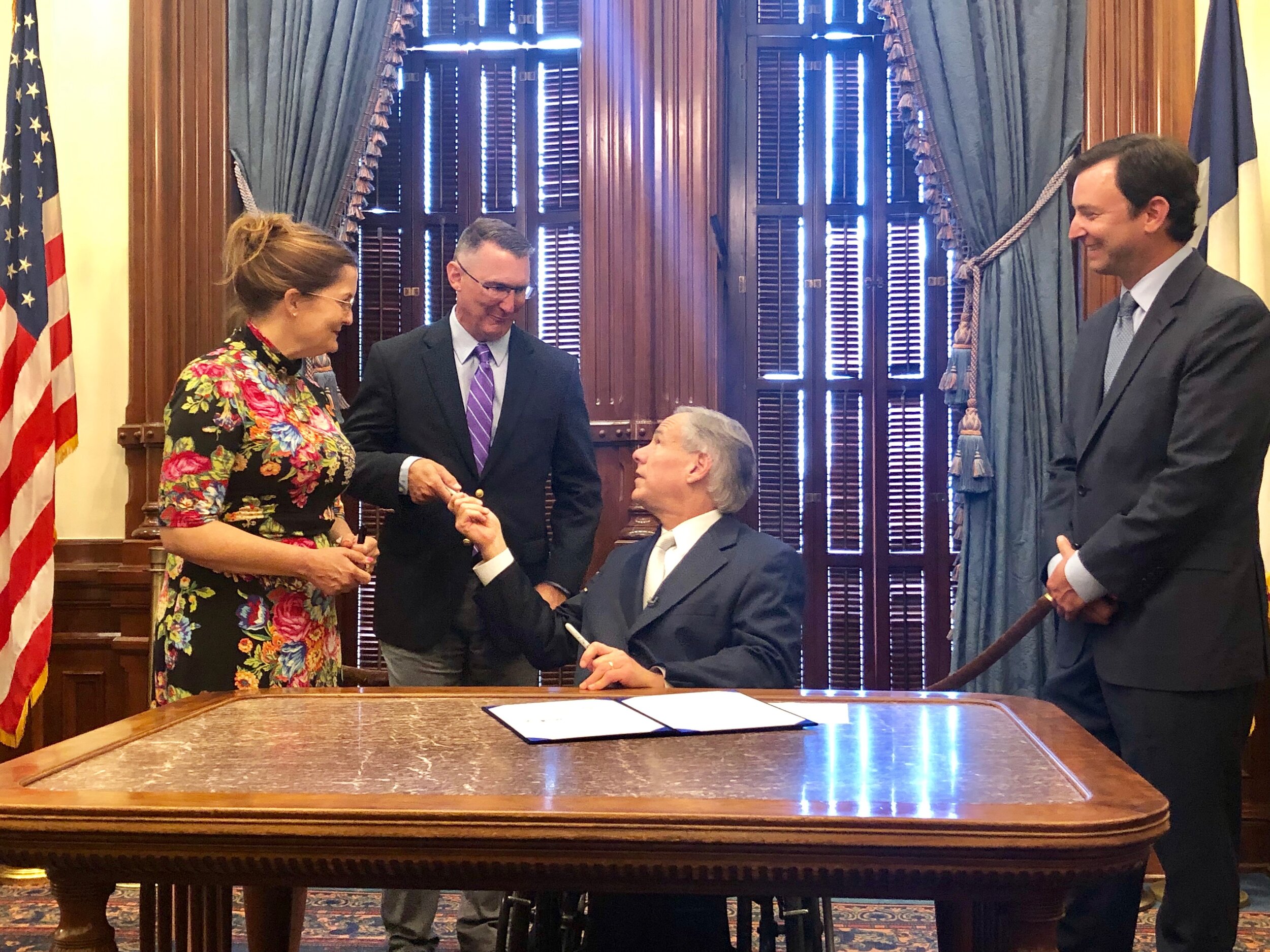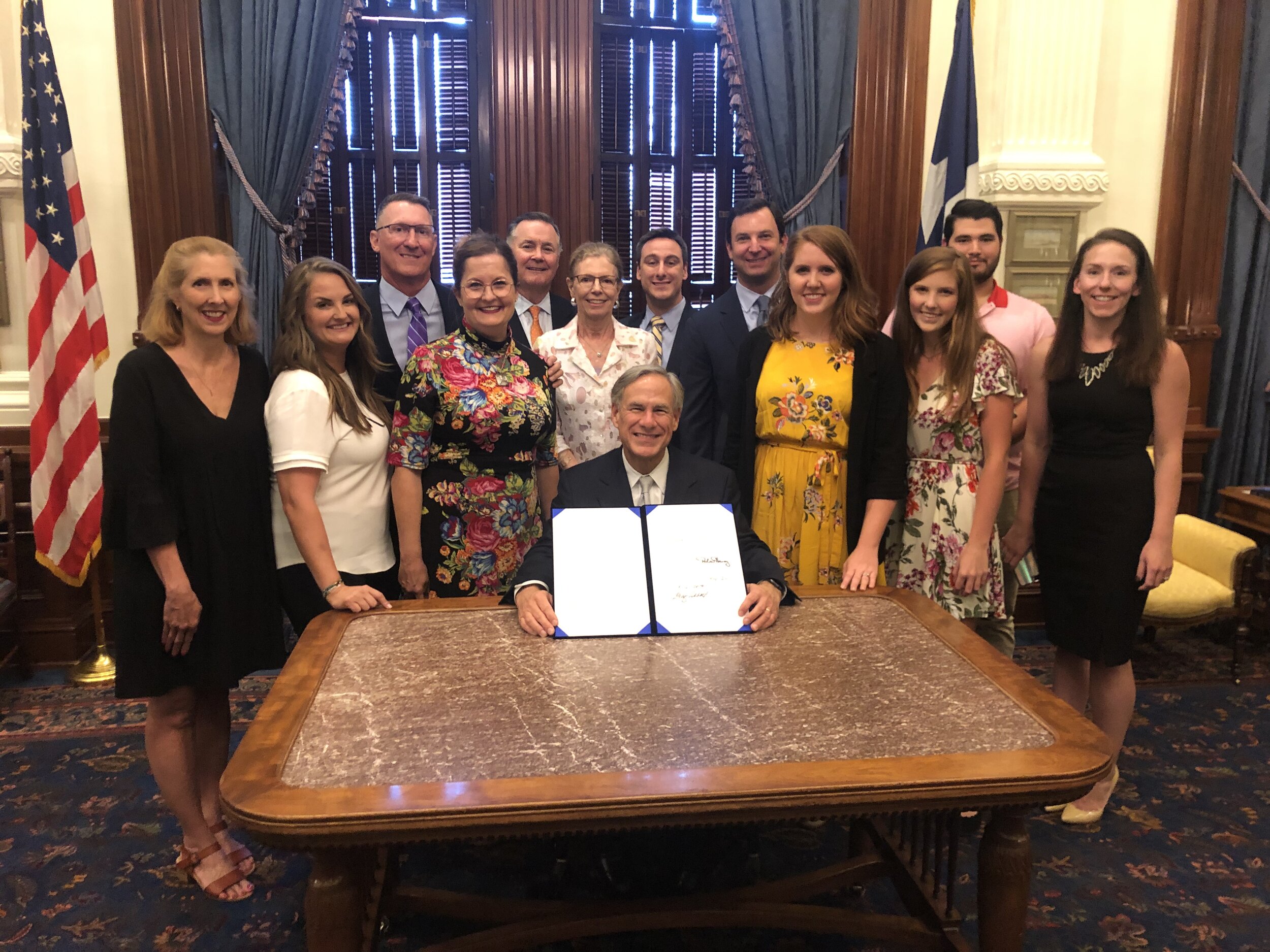Molly Jane’s Law
also known as HB 3106, became law in the state of Texas on September 1, 2019. Molly Jane’s Law states that when law enforcement in the state of Texas investigates a case of sexual assault they shall use ViCAP (Violent Criminal Apprehension Program) to input information about the reported offender and nature/details of the offense.
A little background in case you wonder just what Molly Jane's Law is all about.
The facts support that a large percentage of those who commit sexual assault are serial offenders. Some recent studies show that somewhere around 40% of offenders are identified as serial sex offenders. Those who commit sexual assault also commit lots of other types of crimes. Serial sexual offenders have on average 9.9 arrests...compared to non-serial sexual offenders who have on average 6.6 arrests.
There is a program which exists and has existed since the 80s. It is run and administered by the FBI and was created to help identify serial murderers and sex offenders. This program is called ViCAP (Violent Criminal Apprehension Program) It is available to ALL law enforcement agencies and it helps to connect dots between cases and identify patterns of behavior. It also facilitates communication between agencies. Guess what? Rapists do not stay in one jurisdiction.
Molly Jane's Law states that law enforcement SHALL use ViCAP when they are investigating a case of sexual assault. Period. That is all. Use the program. It is a powerful tool which helps law enforcement do their job better. However, it is only as powerful as it is used. So we made it a law that it has to be used.
Molly Jane's Law does not need DNA in order to be effective. No CODIS hit required. Identifying serial sex offenders and arresting them and prosecuting them and convicting them and putting them in prison before they rape again or their pattern escalates. THAT IS THE GOAL.
